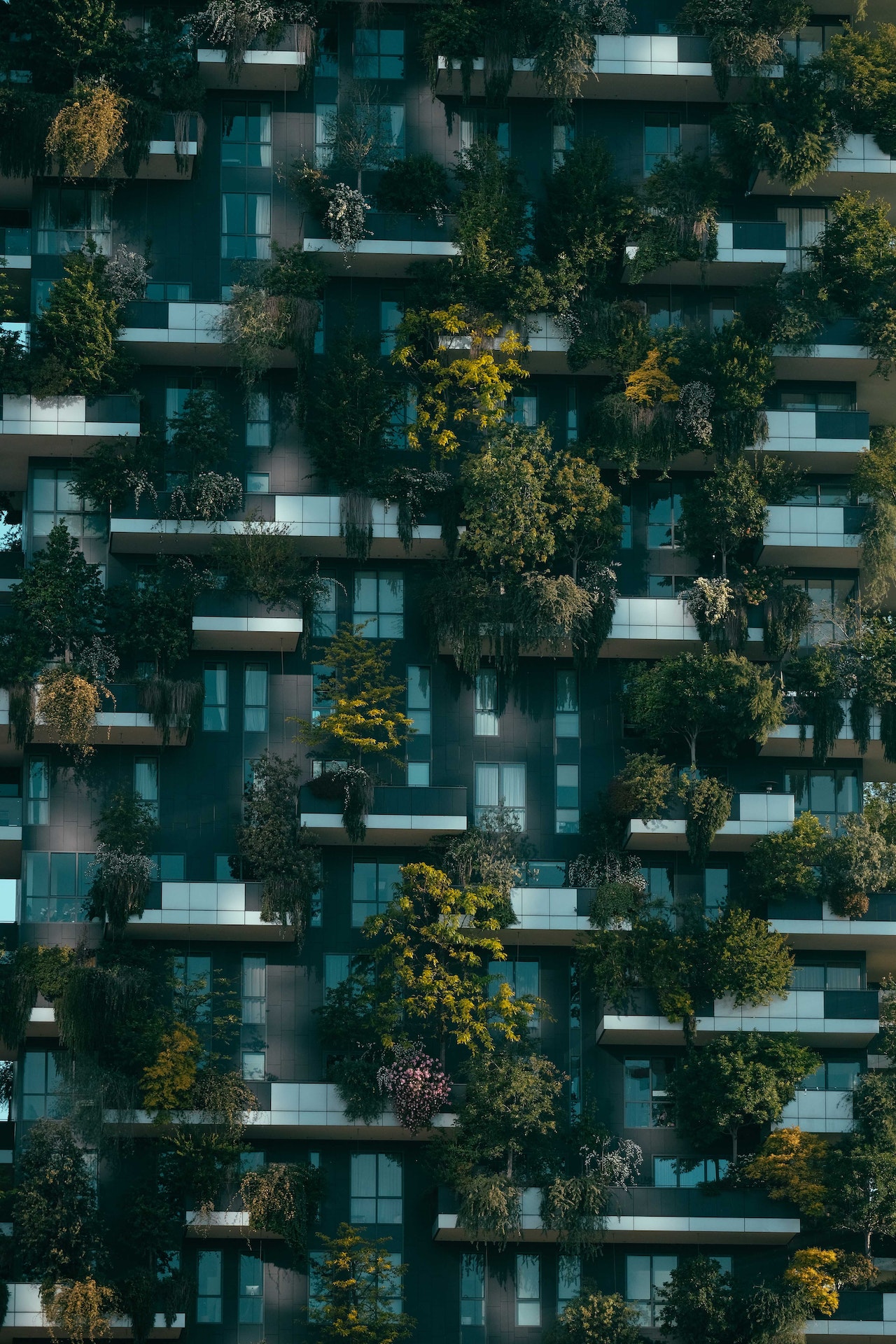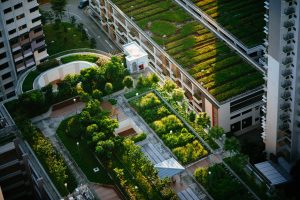Introduction: The Visionaries Shaping a Greener Real Estate Landscape
In a world increasingly driven by environmental consciousness, the real estate industry is stepping up to the plate, leading the charge towards a more sustainable future. With climate concerns at the forefront, real estate professionals are redefining the game, incorporating innovative practices that not only reduce carbon footprints but also add value to properties. Join us on a journey through the green revolution reshaping the real estate arena.
The Green Imperative: Why Real Estate Needs Sustainability
The escalating climate crisis has ignited an urgency for sustainability across all sectors, and real estate is no exception. As the world’s largest contributor to greenhouse gas emissions, the industry bears a significant responsibility for sustainable change. By adopting eco-friendly practices, from construction to property management, real estate stakeholders can positively impact the environment while enjoying long-term cost savings.
Building Tomorrow: Sustainable Construction Methods
Leading architects and builders are embracing sustainable construction techniques that prioritize resource efficiency and minimize environmental impact. Innovations like green roofs, recycled materials, and energy-efficient designs are becoming staples in eco-conscious construction projects. These methods not only decrease energy consumption but also create healthier indoor environments for occupants.
Energy Efficiency for a Brighter Future
Rising energy costs and environmental concerns have spurred the integration of energy-efficient technologies into real estate. From solar panels to smart home systems, these advancements not only lower utility bills but also attract environmentally conscious buyers and tenants. The shift towards sustainable energy not only aligns with global goals but also positions real estate professionals as pioneers of change.
The Economics of Sustainability: Long-Term Gains
Contrary to popular belief, sustainable practices in real estate are not just about “going green”; they are about securing greenbacks. Energy-efficient buildings boast higher resale values, faster occupancy rates, and reduced operational costs. Investors are increasingly recognizing that sustainability isn’t just a moral obligation; it’s a smart financial move that yields impressive returns in the long run.
Beyond Four Walls: Sustainable Communities
The green revolution in real estate extends beyond individual properties. Sustainable communities are rising as epicenters of holistic living. These developments prioritize walkability, green spaces, and community gardens, fostering social connections while reducing dependence on cars and promoting healthier lifestyles.
The Vanguard of Change: Leading Sustainable Real Estate Projects
Several notable sustainable real estate projects are setting new standards for environmental stewardship. From net-zero energy buildings to LEED-certified developments, these projects are showcasing the possibilities of combining luxury with sustainability, dispelling the notion that eco-conscious living compromises comfort and style.
The Road Ahead: Navigating Challenges and Embracing Opportunities
While the green revolution in real estate is promising, it’s not without its challenges. High initial costs, regulatory hurdles, and shifting market demands pose obstacles that demand creative solutions. However, these challenges also open doors for innovation, collaboration, and market differentiation. Adapting to change is the key to staying ahead in the evolving real estate landscape.
Introducing Our Knowledge Source: Expert Insights from Dr. Emily Green
Dr. Emily Green, a distinguished environmental architect and sustainability advocate, brings a wealth of knowledge to this discussion. With a Ph.D. in Sustainable Architecture, Dr. Green has led groundbreaking research on integrating sustainability into real estate practices. Her expertise offers a unique perspective on the green revolution’s potential to reshape the industry.
Conclusion: Embracing a Greener Tomorrow in Real Estate
The green revolution in real estate is not just a trend; it’s a necessity. As the world unites to combat climate change, the real estate industry holds immense power to drive positive change through sustainable practices. From construction innovations to energy-efficient solutions and community-centric designs, the green revolution is propelling the sector toward a future where environmental responsibility and profitability coexist harmoniously. By embracing this revolution, real estate professionals can create lasting impact, leaving a legacy of a greener world for generations to come.
Key Points Summary Table:
| Key Points | Takeaways |
|---|---|
| The Green Imperative | Real estate’s role in addressing climate concerns and the importance of sustainability. |
| Building Tomorrow | Sustainable construction techniques that reduce environmental impact and enhance indoor quality. |
| Energy Efficiency | Integration of energy-efficient technologies for cost savings and environmental benefits. |
| The Economics of Sustainability | Financial benefits of sustainable practices, including increased property value and market appeal. |
| Beyond Four Walls | Sustainable community development fostering healthy lifestyles and social connections. |
| Leading Sustainable Projects | Notable real estate projects setting high standards for both luxury and sustainability. |
| Navigating Challenges and Embracing Opportunities | Addressing obstacles and opportunities in the journey towards greener real estate practices. |
Comparative Table: Sustainable Real Estate Features
| Feature | Benefits | Examples |
|---|---|---|
| Energy-Efficient Design | Lower utility costs, reduced emissions | Smart insulation, energy-efficient appliances |
| Green Roofs | Improved insulation, stormwater management | Rooftop gardens, solar panels |
| Solar Energy | Lower energy bills, reduced carbon footprint | Photovoltaic panels, solar water heaters |
| LEED Certification | Enhanced marketability, higher value | Leadership in Energy and Environmental Design |
| Community Gardens | Social interaction, local food production | Shared gardening spaces within neighborhoods |




